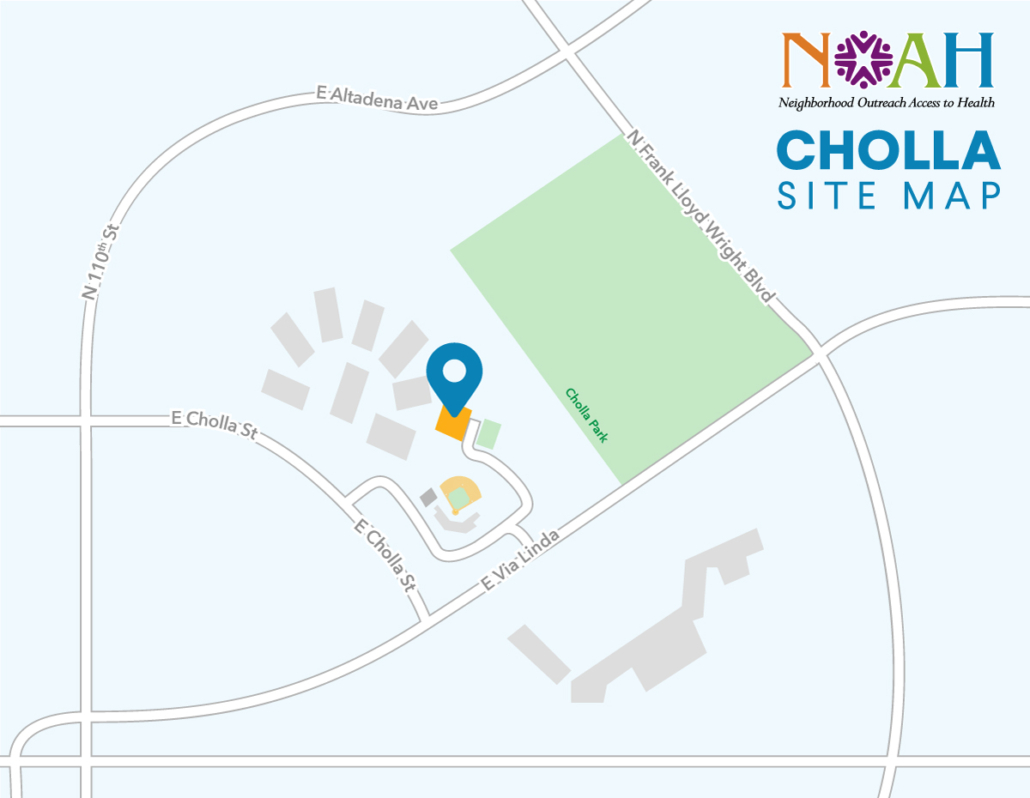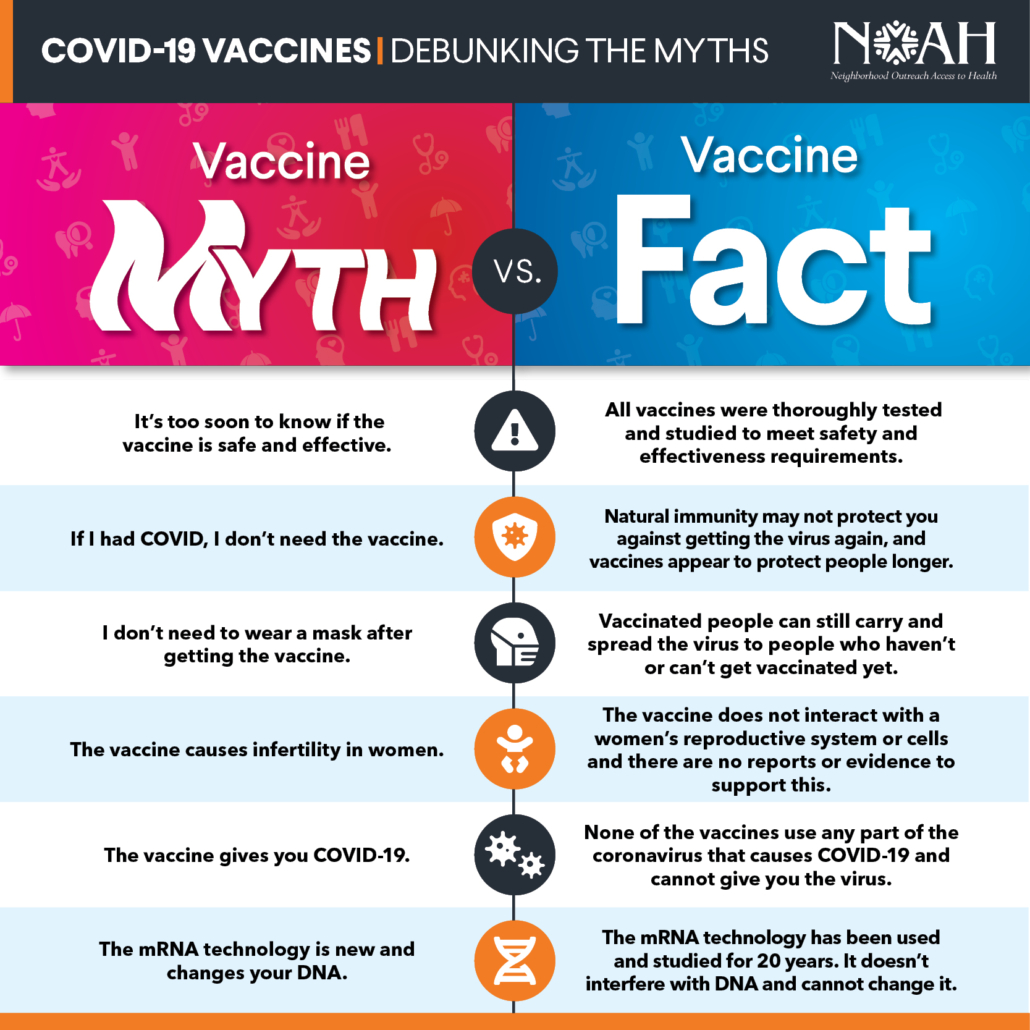Infant Immunizations Save Lives
It’s National Infant Immunization Week, and NOAH wants everyone to know how to access the vaccines your infant needs. Infants and young children are at risk serious, life-threatening diseases that are preventable with vaccines. The best thing parents and guardians can do for infants is keep them on track with both vaccines and well-child visits.
During 2020 and the COVID-19 pandemic, many families fell behind on their children’s vaccinations because people stayed home. This sharp decline in infant immunizations is a concern for young children and for entire communities.
Before vaccines, many children suffered from diseases like whooping cough, measles, and polio, some children had life-long challenges because of the diseases, and many died from them. When children get vaccinated, it protects them and protects others in their families and communities like people with medical conditions or infants too young to get vaccinated yet.
Now is the time to get back to your pediatrician and make sure your child is protected against 14 serious and preventable diseases.
What are the 14 diseases infant immunizations prevent?
- Polio – infects a person’s brain and spinal cord and can cause paralysis and death.
- Tetanus – causes painful muscle stiffness and lockjaw, and it can be fatal. Tetanus is part of the DTaP vaccine.
- Flu (influenza) – infects the nose, throat, and lungs and can be dangerous for children of any age, particularly infants under 6 months who cannot yet get the flu shot. Children over 6-months, and parents and caregivers should get the flu vaccine.
- Hepatitis B – a dangerous liver disease infants can get from their mother during birth, and leaves many with a lifelong illness.
- Hepatitis A – a contagious liver disease that, unlike hepatitis B, can be spread orally.
- Rubella – in a pregnant woman, it can cause miscarriage, infant death just after birth, and serious birth defects. Part of the MMR vaccine.
- Hib – affects kids under 5 and can cause brain damage, hearing loss, or death.
- Measles – Measles is very contagious! It can cause pneumonia (serious lung infection), brain damage, and deafness. Part of the MMR vaccine
- Whooping Cough – Whooping cough is highly contagious and can be deadly to infants. Mothers should be vaccinated during pregnancy to pass some protection to their babies, and others who will be around the newborn should have a recent whooping cough vaccine. Part of DTaP vaccine.
- Pneumococcal – causes ear, sinus, and lung infections, and can cause meningitis.
- Rotavirus – causes diarrhea, vomiting, fever, stomach pain, and can quickly lead to sever dehydration and hospitalization.
- Mumps – symptoms include puffy cheeks and a swollen jaw, fever, head and muscle pain, and can spread quickly. Part of the MMR vaccine.
- Chickenpox – known for the itchy rash of up to 500 blisters, chickenpox can be life-threatening, especially in babies.
- Diphtheria – makes it hard for people to breathe or swallow, diphtheria can lead to heart failure, paralysis, and even death. Part of the DTaP vaccine.
Read more about these 14 diseases and the vaccines at the Centers for Disease Control and Prevention.
Infant immunizations allow more children to live long, healthy lives. If you are unsure about what vaccines your infant, older child, or even yourself as a parent or caregiver currently need, talk to a NOAH pediatrician or family medicine provider today. You can also ask your NOAH provider any questions you have about vaccines, diseases, and vaccine schedules.
Request an appointment online or by calling 480-882-4545.



